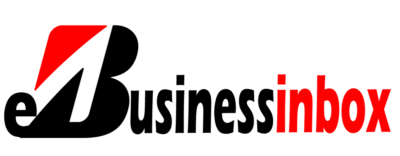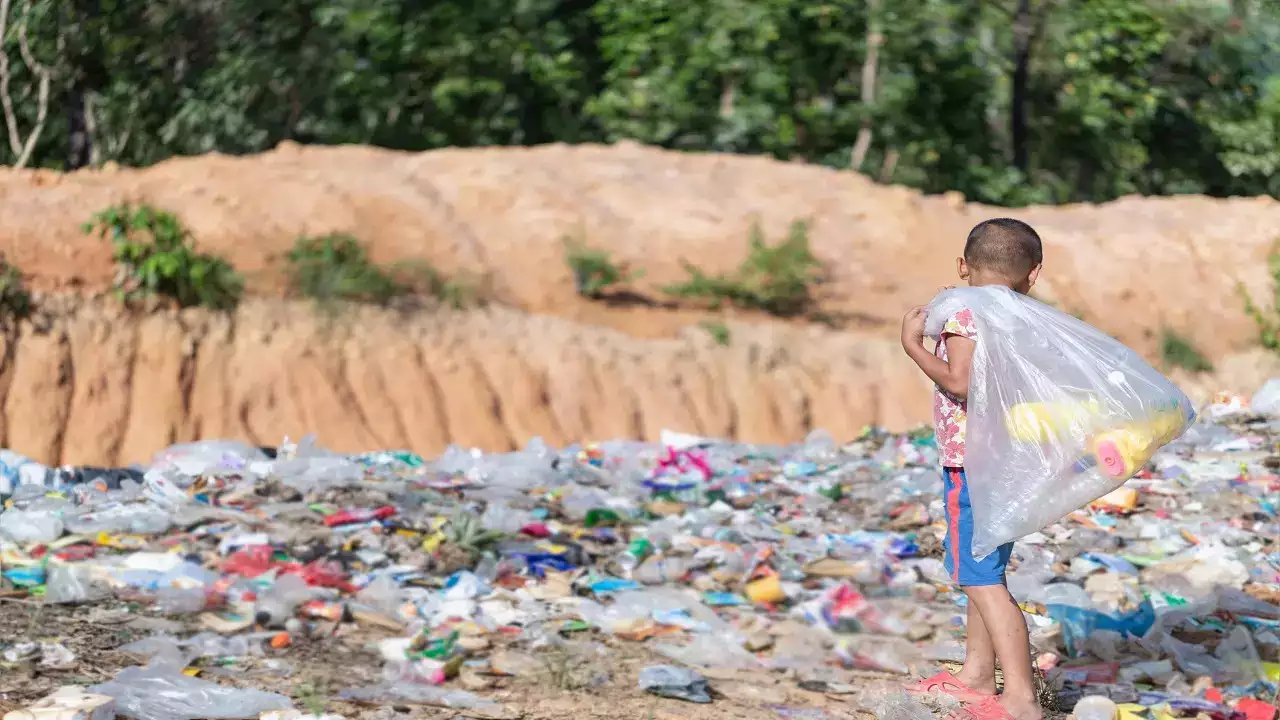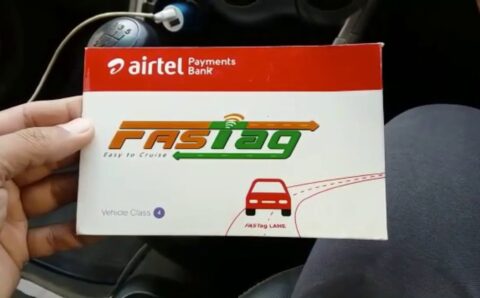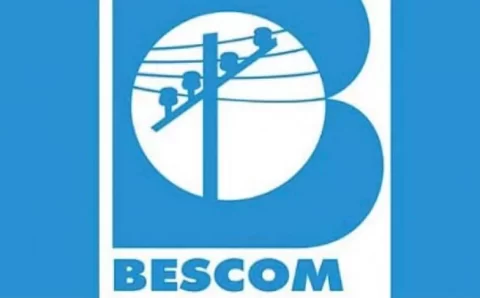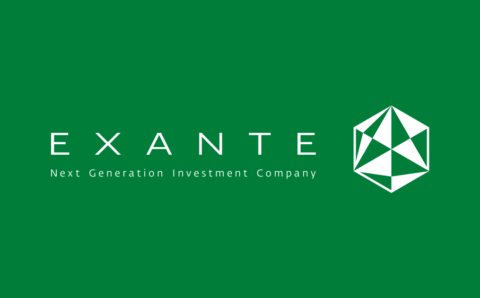After the soup ban from July 1, the Delhi government has announced to calm down until July 10 and focus on the awareness drive. Now, starting from July 11, the authorities are preparing to take strict steps to ensure the complete implementation of the ban.
There are three applications that have been launched by the Central Pollution Control Board (CPCB) for upholding the prohibition of soup – one for business and industrial units to register, second for the state government to post their monitoring efforts and third for consumers and the general public to inform the administration Or broadcast their complaints in connection with the prohibition.
“Overall, our 15 teams are the crossing of the Delhi industry units that cross – especially the North, northwest and West Delhi regions – which are the making of Polasten or products made of soup. APP,” said a DPCC official.After the CPCB conducts virtual training for the state PCB or PCC, DPCC is now conducting training for local bodies. Asked why it took a long time to practice after the ban was imposed, the official said, “Since last year, a different training program has been carried out. This is only the latest in this series.”
For ordinary people, DPCC has advertised the newspaper clearly while the team from the city company or the Delhi government revenue department which focuses on the spread of awareness among citizens and also imposes monetary fines on individuals.”Now from July 11, our team will visit the industrial area again to supervise and start imposing fines on violators,” said Sunil Kumar, a DPCC nodal officer to implement a ban on soup.
There are industries in the red, orange and green categories, according to the CPCB regular classification, depending on the intensity of the pollution caused. “There is no red industry that is permitted for any soup products. And for the green falling industry found manufacturing soups, the fine is RS 4 Lakh and for those who are in the orange category, the fine will become RS 6 Lakh,” Kumar said.
This center has carried out a total ban on soup items identified from July 1 and countries delegated to check illegal, import, stocking, distribution, sales and use of plastic goods that are prohibited. Countries and UT have also been asked to regulate border inspection posts to stop the movement between countries from prohibited goods.
